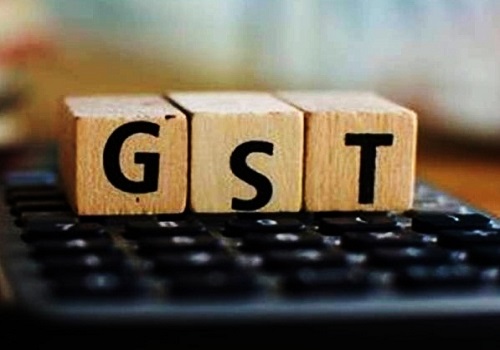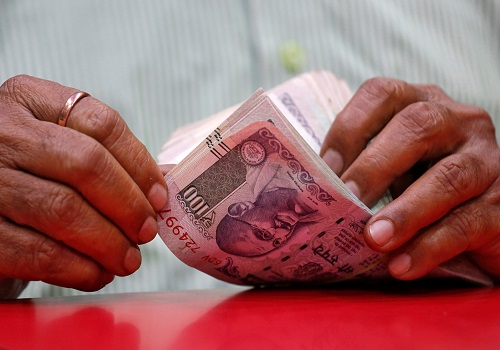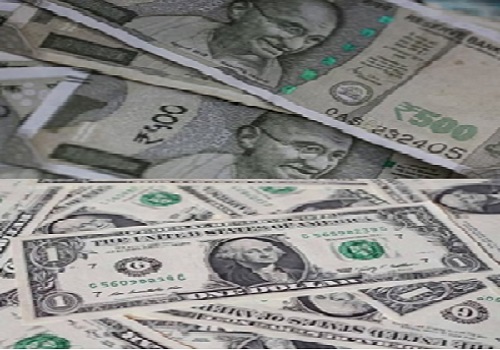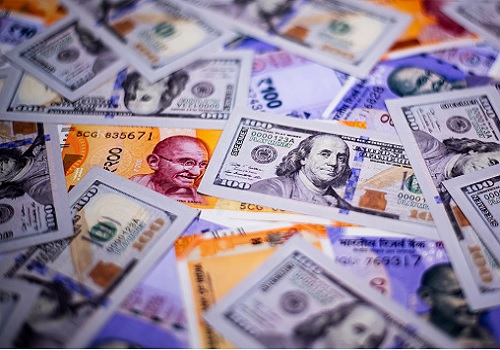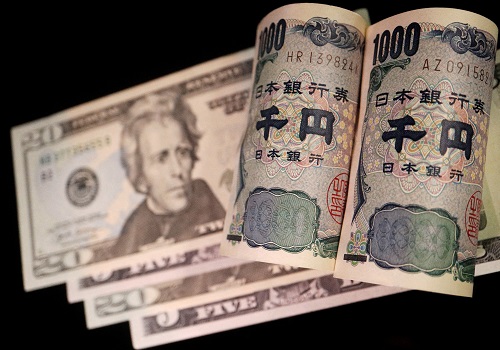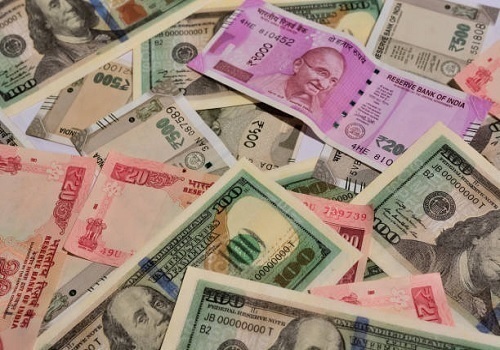Dollar heads for biggest monthly loss since 2010 ahead of Powell speech
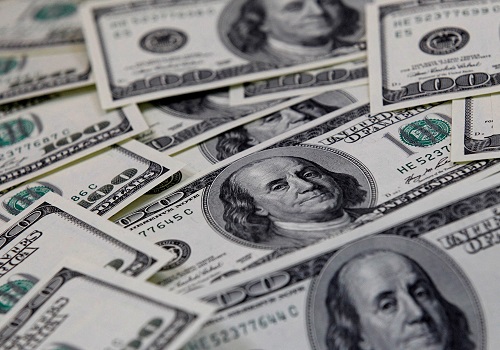
Follow us Now on Telegram ! Get daily 10 - 12 important updates on Business, Finance and Investment. Join our Telegram Channel
The dollar eased from a one-week high on Wednesday ahead of a speech by Federal Reserve Chair Jerome Powell, while optimism over a possible loosening in China's COVID restrictions set it on course for its biggest monthly loss since late 2010.
Euro zone inflation in November showed the first monthly deceleration since June last year, as harmonised consumer prices rose by just 10% last month, compared with expectations for an increase of 10.4% in November, and against October's final reading of 10.6%.
It is still more than five times the European Central Bank's target rate. But after almost two years of near-relentless acceleration in inflation, markets could welcome any sign that the worst may be over.
European assets got a lift on Tuesday after inflation in Spain and a number of major German states cooled.
"Headline inflation is still way too high and above ECB staff projections, but the direction of travel matters. Base effects will become more powerful from here, and unless we get another energy or food shock, headline is heading down fast," Frederick Ducrozet, who is head of macroeconomic research at Pictet Wealth Management, tweeted.
The euro was last up 0.4% at $1.0366, lifting off a one-week low earlier on Wednesday at $1.0319. Against sterling, it fell 0.1% to 86.30 pence.
The U.S. dollar index, which measures the performance of the greenback against six major currencies, fell 0.37% to 106.48, down from an overnight high of 106.90.
It has lost around 4.3% in November, marking its worst monthly performance since September 2010, according to Refinitiv data.
Investors have ratcheted up their bets that inflation has peaked and the Fed will soon signal a shift to a softer stance on monetary policy, not least as the world tilts into a likely recession next year.
“Oil is lower, energy prices are lower. We’ve seen some central banks back off a little bit in terms of their hawkishness. We haven’t seen any crazy-hot inflation data from the major G10 economies, so on the whole, the FX market is looking to 2023 and seeing moderately reduced expectations for the severity of the global growth slowdown,” BMO European head of FX strategy Stephen Gallo said.
Powell will deliver a speech to the Brookings Institution in Washington at 1830 GMT on the economic outlook and the labour market, while private-sector employment data for November is due at 1315 GMT.
Markets show investors are attaching a probability of 63.5% odds that the Fed raises interest rates by just half a point on Dec. 14, and a 36.5% chance of another 75 basis point hike.
New York Fed President John Williams said on Monday that the central bank needed to press forward with rate rises, and St. Louis Fed President James Bullard said there was still "a ways to go" for policy tightening.
"The underlying message is that the Fed is not happy with where inflation and employment are at the moment," Bart Wakabayashi, branch manager at State Street in Tokyo, said.
"Powell will continue to err on the side of hawkishness at this point in time."
The dollar edged up 0.2% against the yen to 139.01, as the pair continued to consolidate following a bounce from a three-month low of 137.50 on Monday.
Sterling rose 0.4% to $1.2002.
Meanwhile, in China, data showed manufacturing came in weaker than expected, as the government's zero-COVID policies continue to undermine economic activity.
The offshore yuan gained ground against the dollar, which fell 1% to 7.0802.
Chinese health officials said on Tuesday they would speed up COVID-19 vaccinations for the elderly, aiming to overcome a stumbling block in efforts to ease unpopular "zero-COVID" curbs, which had sparked vigorous protests in recent days.












 320-x-100_uti_gold.jpg" alt="Advertisement">
320-x-100_uti_gold.jpg" alt="Advertisement">

